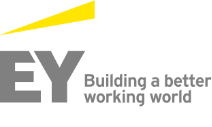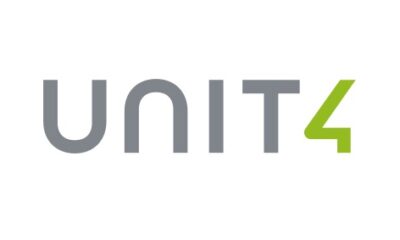## Mini basket to go here ##
Corporate Volunteering and Employee Activism
There’s been some huge changes in workplaces around the globe over the last couple of years. The way people work and interact with colleagues and leaders would be almost unrecognisable to previous generations of employees. Today employees are speaking out on political and social issues that matter to them. Rather than separating their work and personal lives; with so many people now working from home and so much work being conducted on devices that are on 24/7, employees expect their companies to inform policy on issues as diverse as wage inequality, climate change, prejudice and discrimination, immigration and its impact, and improving education and healthcare systems (including Covid vaccinations).[1] And business leaders are now responding to this type of employee activism; taking positions, creating policies and initiatives that start to answer these expectations.
Engaging positively with employees on the issues that they care about makes solid business sense. When things go wrong, employee activism can damage relationships, with employees and with other stakeholders – shareholders, suppliers, customers, consumers. But this kind of activism can also benefit business. Listening to and understanding employees’ perspectives can help companies respond to changing circumstances and build the connection between the company, its purpose, and its employees. And when the social issues that employees care about align with the issues that companies identify as important, that’s when the magic starts to happen.
The Great Resignation and Quiet Quitting
With media headlines focusing on constrained economies, climate change and the energy crisis as well as features about the worldwide post-Covid phenomenon of the Great Resignation we have seen that people want to find a different balance in their lives and want to work for employers that have a purpose they can rally behind. According to the Edelman Trust Barometer over 75% would be likely to take action to produce or motivate urgently necessary changes within their organisation. The report refers to a belief-driven employee that refuses to work for companies with a different stance on social issues rather moving to employers with values more closely aligned with their own:
“Jobseekers increasingly want to see their prospective employers pursue a greater purpose. And seeing a company pay only lip service to social commitments and other proclaimed values can be a dealbreaker.”
Employees might leave and move to find other opportunities, or they become ‘quiet quitters’. For these quiet quitters, they stop putting in the discretional effort, the late-night stints, or taking on additional tasks outside their job descriptions. They do just enough to keep within the lines of their roles; leave work on time and mute their emails/texts/Yammer and Slack. Survey after survey shows that employees are increasingly unenthusiastic about their work and morale and employee engagement is falling. But that search for meaning is increasing.
Corporate Volunteering, employee engagement and its connection to purpose
Emerging World’s own research in 2021 showed how corporate volunteering, in particular international corporate volunteering, can make a big difference in terms of connecting employees to the company’s purpose: more than four in five respondents felt (following their experience) that they were more connected to their company’s purpose and that this deeper connection helped them through the pandemic.
2021 Emerging World CISL Resilience Study – Impact on Purpose

And recent research by Stanford Graduate School of Business that analysed survey data from over 53,000 employee responses to a survey for Britain’s Healthiest Workplace suggested that corporate volunteering boosts social bonding among employees and well as creating a sense of identification between employees and employers.
In 2020 following the death of George Floyd, employees spoke out on how racial equality and workplace practices needed greater scrutiny before their companies made grand statements about Black Lives Matter. They advocated for more work with employees to create an environment where diversity, inclusion, equity and belonging are embedded into systems, policies, practices and volunteering programmes.
In my recent conversations with corporate volunteering Programme Managers, I’ve heard several refer to examples of where employee activism has led to adaptations to the company’s approach to corporate volunteering. For example, employees were quickly on the case when it came to the war in Ukraine. They wanted to know how their companies were going to respond; what they could do to help. Companies may have pulled their operations out of Russia in response to the invasion but if the answers to employees’ questions weren’t coming as fast as they wanted, they brought like-minded colleagues together and organised volunteer initiatives on their own.
Gone are the days when corporations can duck this type of sensitive issue; they are being forced to decide where they stand on situations that might create a difficult or moral dilemma with different stakeholders with different views. However, making no public statement or doing nothing equates to a position as much as taking action will. And engaging with employee activists will certainly inform any debate and decision making even if it won’t necessarily make for harmonious discussion. But that’s OK.
2021 Emerging World CISL Resilience Study – Impact on Employee Engagement

What is clear is that whether it’s about climate change, LGBTQ rights or a war in Europe; when companies and employees come together, solutions are likely to be better targeted and the results more impactful. When employees feel that their activism is having an effect, they feel more connected, more loyal, more motivated.
To understand more about how the past two years and the increasing shift to virtual engagement has impacted corporate volunteer programming, join the webinar!
In the webinar, we will be presenting the findings from this of our Best of Both Worlds Report research on 13 September 2022 @ 3PM BST.
[1] Edelman Trust Barometer






